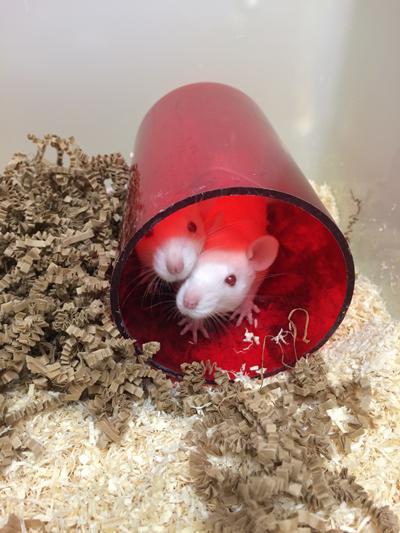Where does the AWERB sit and work within the University of Southampton?
Please find linked a flowchart which provides an overview of the University of Southampton animal and ethics committees; detailing where the AWERB and its sub-committees/working groups report to within the University.

The AWERB oversees the use of animals for research and teaching at the University of Southampton.
What Does the University of Southampton AWERB Do?
An AWERB is a governance body that is required to exist at any establishment that holds an Establishment Licence under ASPA (outlined in the Guidance on the Operation of the Animals (Scientific Procedures) Act 1986. (Section 3.13.6)).
The AWERB is also a local framework acting to ensure that all use of animals in research or teaching is carefully considered and justified; that proper account is taken of all possibilities for Replacement, Reduction and Refinement (the 3Rs); and ensure that appropriate standards of accommodation and care for animals are met.
The AWERBs Tasks
The AWERB advises staff involved with work with animals on all matters that can affect their welfare. This includes where and how the animals are obtained or bred, how they are reared, handled, transported, as well as the accommodation in which they are kept, how they are cared for and how they may be used in research.
The AWERB also reviews the management and operational reporting processes regarding the welfare of animals involved in University activities. This includes any concerns that may be raised.
There is usually some discussion with the scientist applying for the project, and changes may be made, before the ELH supports the application going to the Animals in Science Regulation Unit (ASRU) for consideration. Project applications are rarely turned down, because lots of discussion takes place between the scientists, animal technologists and vets while applications are being drafted.
Neither student nor staff can start any research before Project Licence approval is given by ASRU. This applies equally if the animals to be used are fish, amphibians, reptiles, birds, mammals, and cephalopods (such as Octopuses and Squid) (under ASPA).
There are two categories of animal research conducted at the University of Southampton; research regulated under ASPA and research that is covered and regulated by other legislation or guidelines. All research involving or using animals or animal tissue has AWERB oversight. Use of animals not regulated under ASPA is overseen and reviewed by a sub-committee of the AWERB. This sub-committee reports directly to AWERB and to the University Research Ethics Committee (UREC). Currently the AWERB does not review projects involving other invertebrates like insects.
A major activity of the AWERB is the scientific and ethical review of research proposals involving animals under ASPA and to advise the Establishment Licence Holder (ELH) whether to support these.
This process enables the University of Southampton to fully meet its legal obligations under the Animals (Scientific Procedures) Act 1986 and thus hold a licence to conduct research that falls within this act. This responsibility is delegated to the Establishment Licence Holder whose work is supported by the AWERB. This rigorous review of project proposals and of any desired amendments to the project also provides assurance that all aspects of the 3Rs have been fully considered.
How Often Does the University of Southampton's AWERB Meet?
The AWERB committee sits at least 4 times each academic year, though additional meetings for staff development and for working groups, including project review groups, may happen on a more frequent basis.
Who Sits on the University of Southampton's AWERB?
- The AWERB Chair/Deputy AWERB Chair
- The Establishment Licence Holder (ELH)
- One or more Named Animal Care & Welfare Officers (NACWOs)
- The Chair of the Animal Users Group
- Three Procedure Project License Holders (PPLhs)
- One or more Independent/External Expert Lay Representatives
- An Animal Behaviourist
- The Biomedical Research Facility Operations Manager
- The Named Veterinary Surgeon (NVS)
- The Home Office Liaison and Compliance Officer (HOLC)
- The Named Training and Competency Officer (NTCO)
- The Named Information Officer (NIO)
- A Cancer Sciences Unit Representative
- A Statistician
- The 3Rs Champions Group Lead
- One or more Postgraduate Student Representatives